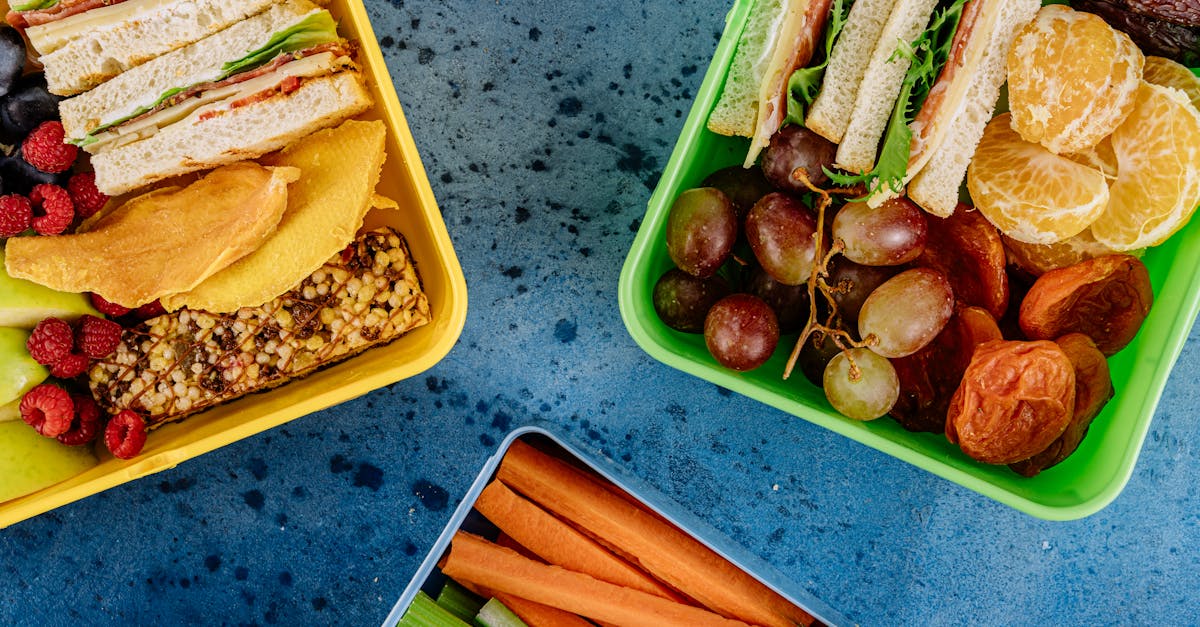Plan Meals Ahead
Before hitting the road, sit down and plan your meals. This approach ensures you buy only what you’ll eat, minimizing waste. Sketching out a meal plan also saves time and reduces stress, as you’ll know exactly what to make each day. Plus, getting your kids involved in the planning can turn meal prep into a fun family activity. When kids help choose the menu, they’re more likely to eat what’s served, reducing the likelihood of untouched food being tossed.

Embrace Local Markets
Exploring local markets is not just an adventure; it’s a practical way to reduce waste. Fresh produce, unlike packaged food, has less wrapping to discard. Grab your reusable bags and make a game out of finding new fruits and veggies with your kids. By buying only the amount you need for the next meal, you avoid over-purchasing. Plus, this method supports local farmers and gives kids a chance to learn about new foods and cultures.

Portable Snacks Only
Traveling with kids often means endless cries for snacks. Opt for snacks that travel well, such as nuts, dried fruits, and sturdy veggies like carrots.
Skip the single-use wrappers by packing these snacks in reusable containers. It’s healthier for the kids and the planet. In addition, having snacks on hand prevents impromptu junk food purchases that often come in excess packaging. This small step saves money and cuts down on waste.

Smart Restaurant Choices
Eating out is a big part of traveling, but it’s also a major source of food waste. To combat this, choose family-style dining whenever possible. Order a few dishes to share, allowing everyone to have a taste without leaving heaps of leftovers.
If sharing isn’t an option, consider ordering half portions or kids’ meals. Don’t be shy about asking for to-go containers for any leftovers. They make a perfect snack for later or even another meal.

Store Leftovers Wisely
When you do have leftovers, make sure they don’t go to waste. Invest in a small cooler or insulated bag to keep food fresh. This way, snacks and meals can be stored safely and consumed later.
If your lodging has a kitchenette, consider cooking extra portions that you can easily reheat. And remember, leftover food doesn’t always have to be eaten as is; it can be transformed into new, exciting dishes with a bit of creativity.

Get Kids Involved
Making kids part of the effort to reduce food waste can be surprisingly effective. Explain why it’s important in simple, relatable terms. Turn the concept into a game; give them small tasks like sorting recyclables or packing their own snacks. Reward them for smart choices, like finishing their meals or suggesting creative ways to use leftovers. This approach not only teaches valuable environmental lessons but also empowers them to make better choices independently.

